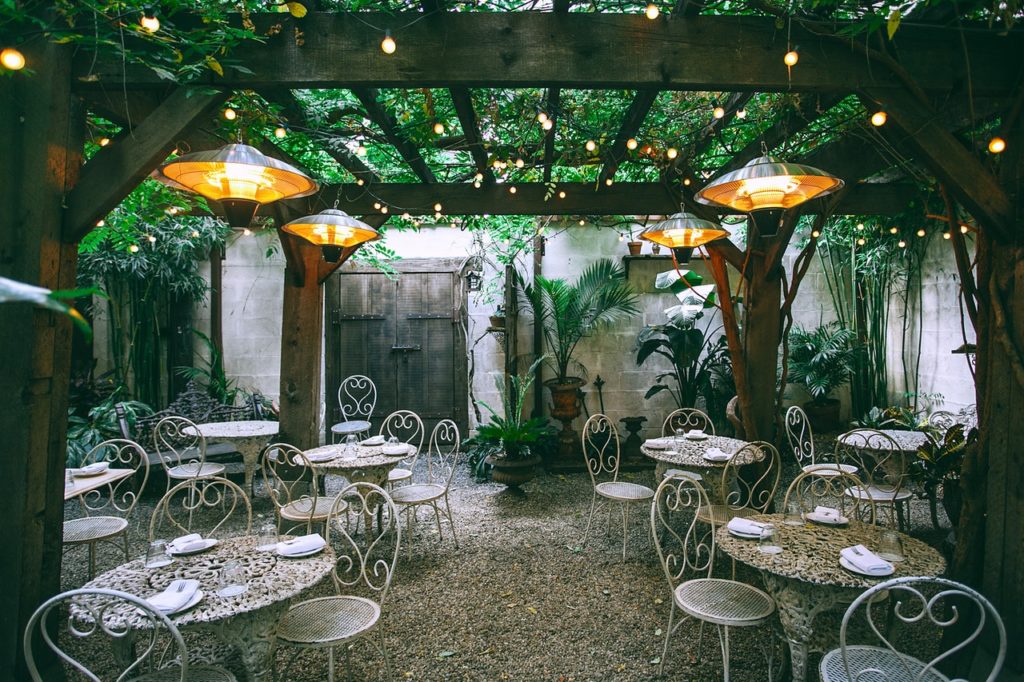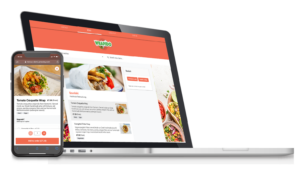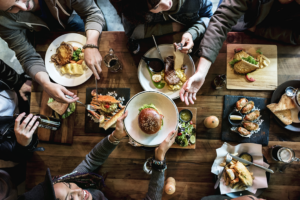Pubs and restaurants in England have only just reopened after being closed for months during lockdown. But their efforts to make up for lost time and money are being hampered by booked-in customers not turning up. Again, and again, the press carries stories of beleaguered business owners, struggling with the result of guest no-shows. Is this just a problem of the moment, or are we facing a long-term issue? How can companies counter industry no-shows?
Figures vary between businesses, but research shows an average no-show rate of 20% in the UK – that’s one in five tables. It’s a significant and dangerous figure for brands that need every penny of revenue in order to survive this tough period in the industry.
Jason Atherton, owner of Social Eating House in London commented: “Going down from 74 covers to 32 at Social Eating House, every honoured booking is the difference between us surviving and not. Margins were tight before; they are practically suffocating now.”
How to tackle the problem is up for debate. Campaigns like Save My Seat are calling for all public to pay deposits when booking a table to eat or drink out. Meanwhile brands like The Unruly Pig are taking a similar, yet milder stance; it takes card details at the time of booking, but the card is only charged in the event of a no-show or a late cancellation.
Charging customers a nonrefundable deposit that can be redeemed on the cost of their bill should make customers more inclined to show-up for their reservation. The psychology works too – if the deposit comes off the final bill, guests will be inclined to spend more on-site because they will feel have got money off on the day. But, before choosing to implement a booking deposit, it’s working taking a look at data giving reasons for customer cancellations. Research by Carbon Free Dining claims:
- 45% don’t cancel because it’s not easy to find cancellation information.
- 27% don’t cancel because they can’t be bothered.
- 18% don’t cancel because they forget they made the booking because the restaurant doesn’t send reminders.
- 9% don’t cancel because they book several restaurants and decide which they’ll attend nearer to the time.
If this data is accurate then just 36% of customers intentionally fail to cancel their bookings. In these cases, the argument for taking card details and deposits is a solid one – but that leaves 64% of customers who would/may cancel if the booking and cancelling process was clear. For these guests a deposit is less likely to make a difference, though clearly the venue would benefit from taking some revenue from those customers.
Deposits put to the side; the data suggests a first step towards improving the situation is to clarify customer communications after a booking. If nearly half of no-shows can be countered via clear communications around reservations and cancellation – change in this area would provide a strong start. Using a solution that automatically confirms all bookings by email or text and includes links for modifying or cancelling will provide the clarity most customers look for. Brands might even go a step further by sending an email thanking the guest for their booking and explaining the impact that no-shows have – thereby emphasising the importance of cancelling when required.
In a move of understandable anxiety, venues may be tempted to protect themselves by overbooking tables; they would be doing this with the assumption that a certain number won’t show. It’s a move practiced in the hotel industry for years, but if it backfires (i.e. less than the expected number of tables cancel) the outcome is a disaster in terms of customer experience. A guest that arrives to find there their reservation can’t be honoured is not going to be a happy one.
An alternative response might be to look inward, examining how on-site operations can be streamlined to increase operational efficiency without negatively impacting the customer experience or revenue. Brands need to be taking enough bookings to counter no-shows and they can do that by working to turn tables faster. Using on-site automation technologies including order and pay at table as well as integrated POS and kitchen management solutions all remove the need for time-consuming human interactions. Not only that, but they also remove the potential for human error when taking orders, something that has a huge impact on guest satisfaction. Furthermore, consumers have been shown to spend more when they order through a digital interface.
It’s a sad and frustrating fact that no-shows will always be present in the food industry, but we believe strongly that an emphasis on providing an excellent customer experience and growing brand loyalty can be the difference between a cancellation and a no-show. If a brand and its team can go above and beyond, impressing guests before their reservation date, and then during the event, they’ll feel appreciated and more inclined to feel a responsibility towards that business. Booking to visit again, if they can’t make it, they will be more inclined to let the business know.





